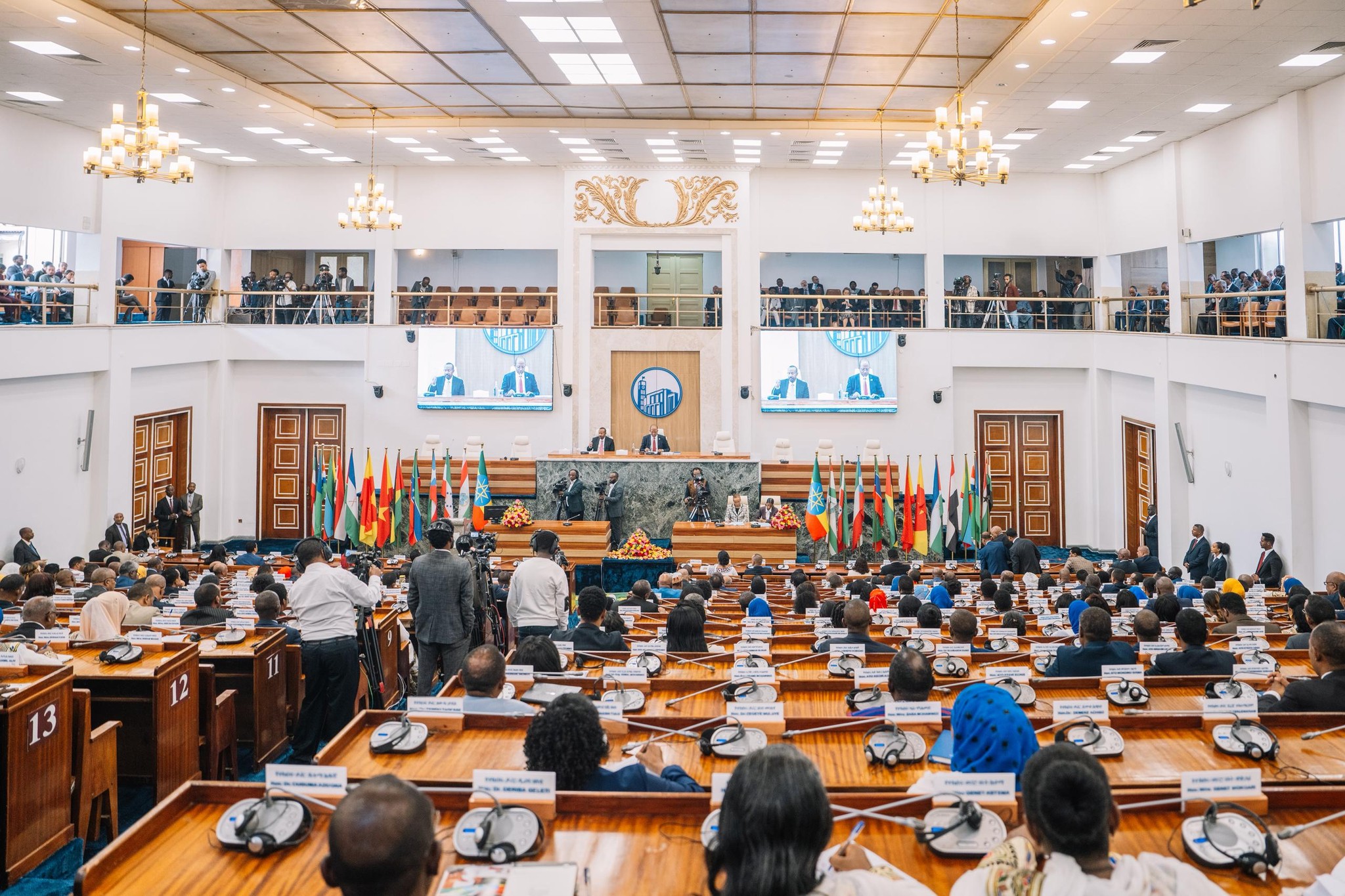Digital transactions surge beyond 12.5 trillion birr as Ethiopia hits 55 million mobile money users
Addis Ababa, July 3, 2025 (FMC) — Ethiopia’s financial sector has witnessed remarkable growth this fiscal year, marked by an unprecedented surge in digital transactions that now total 12.5 trillion birr, Prime Minister Abiy Ahmed (PhD) announced during the 42nd regular session of the House of People’s Representatives.
Highlighting the rapid expansion of digital financial services, the Prime Minister revealed that mobile money users have reached 55 million, while digital loans amounting to 24.5 billion birr have been disbursed to 11 million micro and small borrowers, significantly enhancing financial inclusion across the country.

The financial sector’s healthy performance, alongside encouraging progress in agriculture, industry, mining, and services, strongly supports the national GDP growth target of 8.4 percent for this year.
The success is attributed to the sweeping macroeconomic reforms initiated to address key challenges, including macroeconomic imbalances, an unconducive environment for private sector growth, low productivity in industry and agriculture, and a less competitive economic landscape.
Ethiopia’s export reform efforts have also borne fruit, with export revenues exceeding $8.1 billion—surpassing targets by $3 billion and more than doubling last year’s performance. The country additionally attracted $7 billion in remittances, $4 billion in foreign direct investment, and $8.3 billion from services, generating a total of $32 billion in foreign exchange earnings excluding loans and grants.
A strong commitment to responsible fiscal management is demonstrated by the repayment of 92 billion birr in debt this year and a landmark $3.5 billion debt restructuring agreement signed in France, reducing Ethiopia’s debt burden and bolstering macroeconomic stability.
Efforts to curb inflation and ease the cost of living include the government’s decision to end borrowing from the National Bank this year, combined with targeted subsidies amounting to 350 billion birr to support vulnerable populations.
Progress in the industrial sector is also notable, with production capacity increasing from 59 percent last year to 65 percent this year, driven by the Made in Ethiopia initiative. Cement production grew by 16 percent, metal production by 18 percent, and new factories for solar panels and glass are set to open soon. The mining sector, rich in potential, saw gold exports surge from 4 tons last year to 37 tons this year.
The service sector flourished as well, hosting over 150 international conferences and welcoming nearly 1.3 million foreign tourists. Ethiopian Airlines expanded its network to 136 destinations and transported over 19 million passengers, while the national railway corporation made significant improvements in facilitating trade.
These comprehensive reforms and sectoral achievements demonstrate Ethiopia’s commitment to transforming its economy and improving the lives of its citizens.

